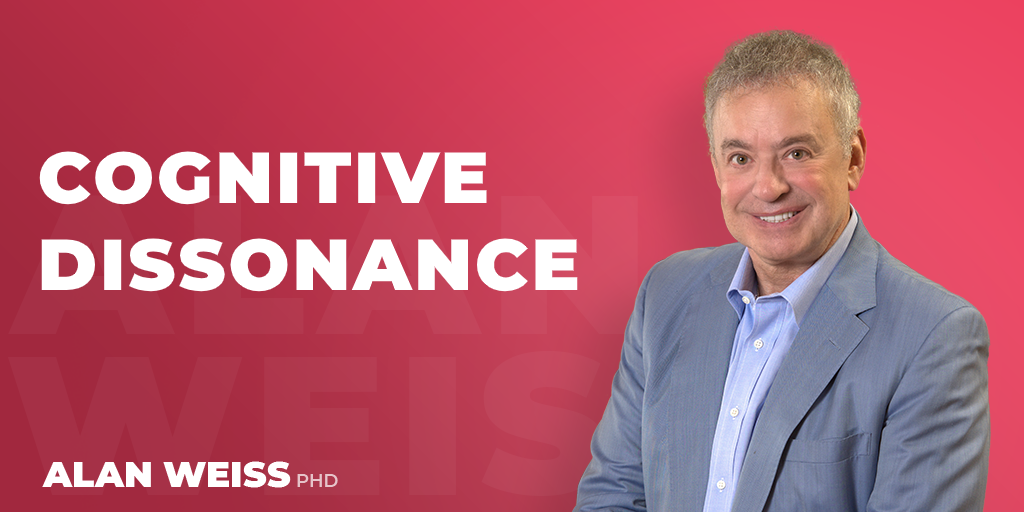
Cognitive Dissonance
Cognitive dissonance is usually meant to describe an individual holding two conflicting beliefs at the same time, often manifest in behaviors inconsistent with statements. For example, a leader who states “customers are our most important asset” but refuses to talk to customers. This is hardly uncommon.
At the moment, tobacco is legal at the same time the government mandates warnings that it can kill you. We're urged by governors not to travel over holidays, but airlines are allowed to fly with holiday travelers. We're told that “unstructured” large gatherings are banned—as well as indoor audiences at the theater or sporting events—yet protestors are allowed en masse in the streets. You can sit with others, socially distanced, at a hair salon, but you can't stand socially distanced at a funeral service in a cemetery.
Maintain your consistency with your business and your clients. If helping others and improving the client's condition are your goals, then stop merely chasing money. If you seek a partnership with the buyer, then don't charge by a time unit enriching you for staying longer when the buyer deserves rapid results. If you believe your value is in your message, don't reduce your fee simply because your message is remote and not in person.
Of course, there's another term—hypocrisy—which applies when one's behavior is antithetical to one's statements and supposed beliefs. Just ask the Governor of California, who decided he can eat in close proximity to others in one of the most expensive restaurants in the country, or the Governor of New York, who felt it was fine to invite his family up for Thanksgiving (until he was found out).



Jeffrey Summers
Hear! Hear!
Alan Weiss
Thanks Duke, thanks Jeff.